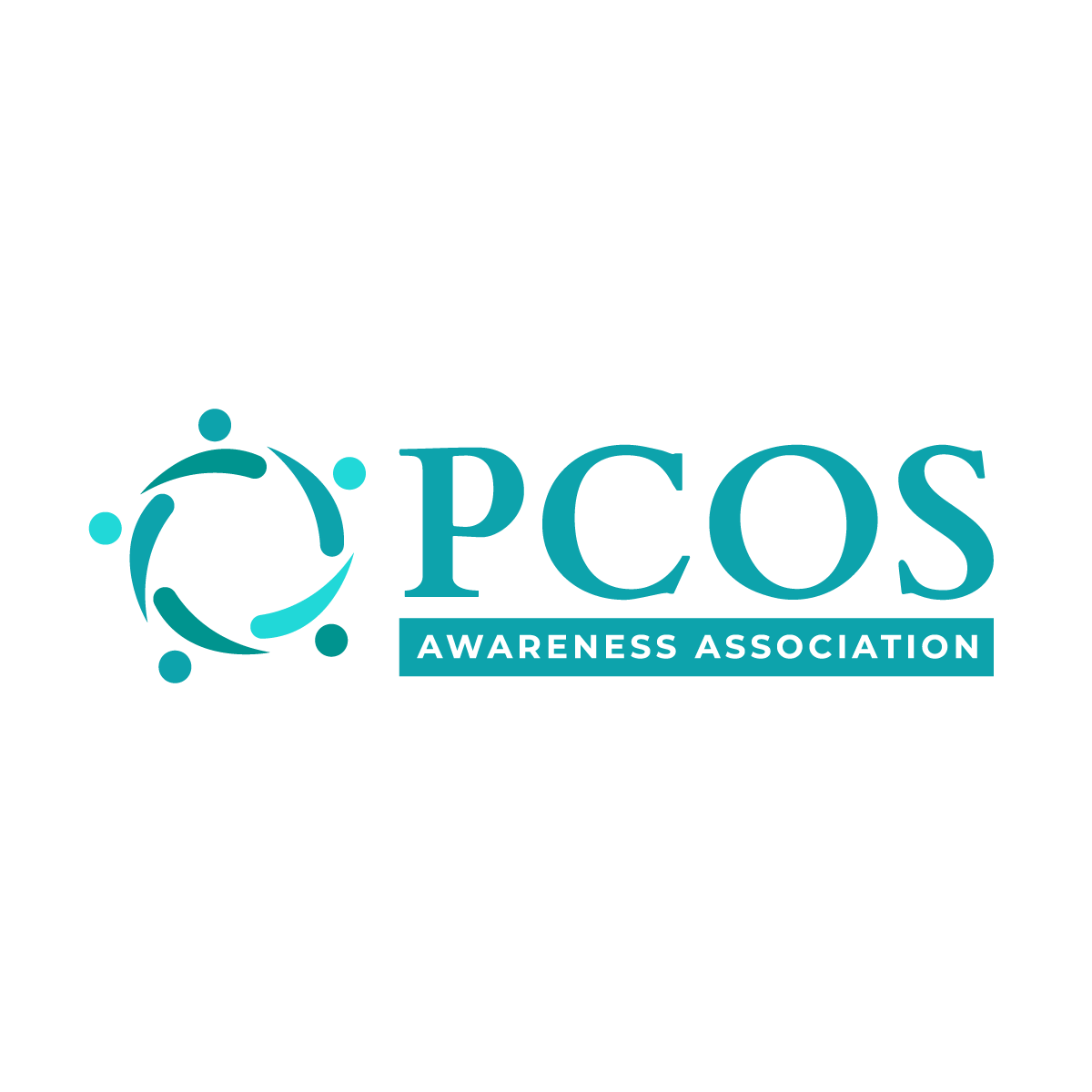PCOS: The Condition Affects 5-10% of Women... and Half of Them Don't Even Know It
The only thing more shocking than the prevalence of Polycystic Ovary Syndrome (PCOS) amongst women of childbearing age may be the lack of awareness surrounding it.
There could be a number of reasons why so few people have heard of PCOS, despite the fact that as many as 1 in 10 women are living with it.
For starters, some of the symptoms are embarrassing to talk about. Hirsutism, or the growth of excessive facial or body hair, is one of the tough side effects that women often deal with. Adding insult to injury, the hair on their head may start to thin, while thicker strands sprout up in other unwanted places. Fast and seemingly uncontrollable weight gain is another hurdle that many with PCOS face, and the taboo surrounding these subjects may discourage them from bringing them up to their doctors -- or anyone else.
Photo by Rawpixel/iStock / Getty Images
What’s more, many women don’t realize that their PCOS symptoms are related to this condition. Breakouts can be brushed off as adult acne or genetically oil skin, and irregular periods can easily be mistaken as “no big deal” or a side effect of stress. Infertility is another easily missed sign, and many women only learn they have PCOS when they begin having difficulty getting pregnant.
As a “syndrome,” PCOS manifests itself in different ways, making it difficult for doctors to diagnose in the first place. There are no specific tests for PCOS, and diagnoses are based on a series of tests, which could include a pelvic exam, an ultrasound, blood tests, and an analysis of symptoms. Unsurprisingly, this confusing condition is easy to misdiagnose, or to not diagnose at all.
But there is hope. Many organizations have made it their mission to spread awareness about Polycystic Ovary Syndrome, because the more women know, the more they can be proactive in their health. While medical professionals are the only ones who can truly diagnose this condition, resources like PCOSAA.org can provide a starting point for research, as well as a way for concerned women to read about symptoms before having a conversation with their own doctors.
And raising awareness doesn’t stop there. It's up to all of us to advocate and share the message with our mothers, daughters, sisters, and friends.
For me, blogging for R.E.M Spring, a company that’s committed to raising awareness for PCOS, gives me the opportunity to reach thousands of women with this important message. However, you don’t have to be a writer to make a difference. Starting a conversation with colleagues, sharing this post with friends and family, and learning about this important subject are just a few ways we can all make a difference, together.
Whether they’ve been diagnosed or think they may have PCOS, women can turn to PCOSAA.org for support, advice, healthy lifestyle tips, and more. From advice on how to talk to your doctor to stories that inspire hope, these websites are a great way to learn from the comfort of your own home. Nothing replaces professional guidance, but the more we know about our health, the more we can advocate for ourselves. As awareness spreads and topics surrounding PCOS become less taboo, more and more women can become empowered to take back control of their lives.
SOURCES:
http://www.pcosaa.org/symptoms
https://www.remspring.com/blogs/
ABOUT THE AUTHOR:
Karen T.
Writer and blogger at R.E.M Spring.
Founded by two sisters, R.E.M Spring is a female-owned and operated business that’s committed to raising PCOS awareness.

